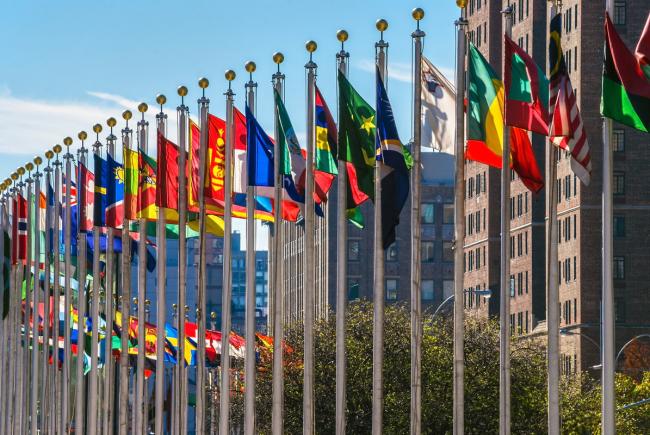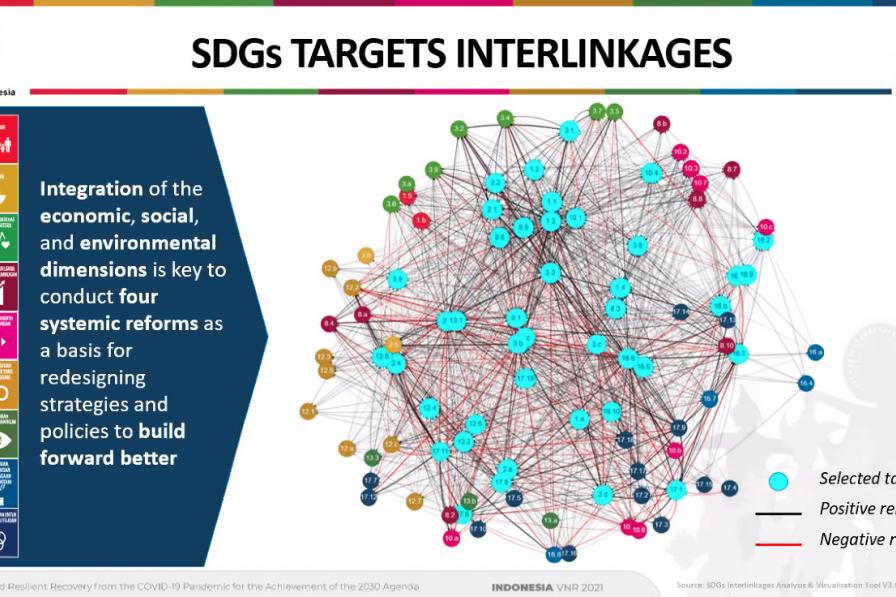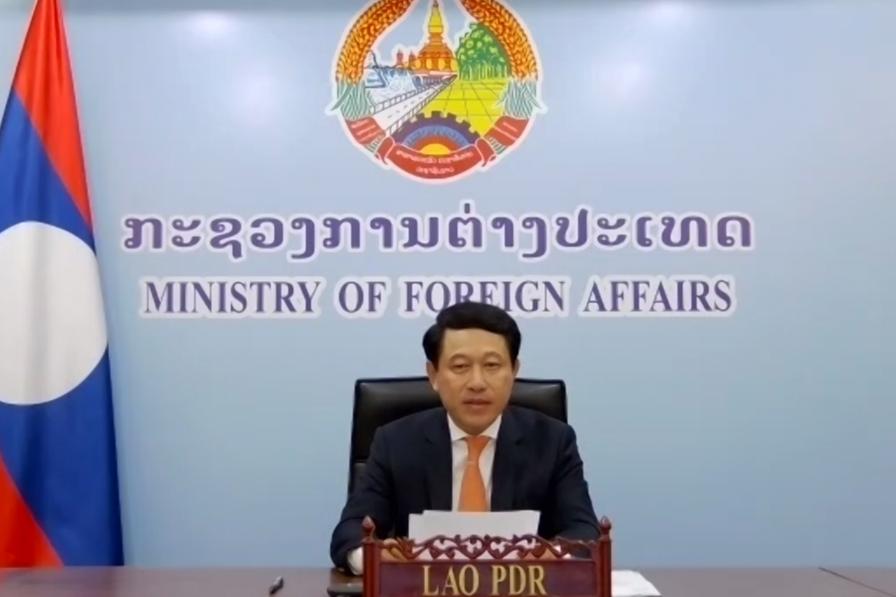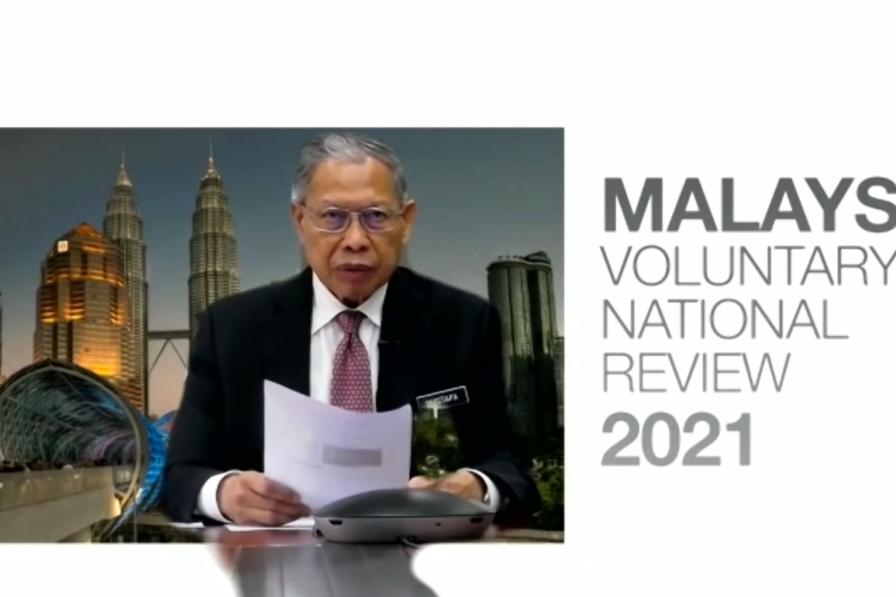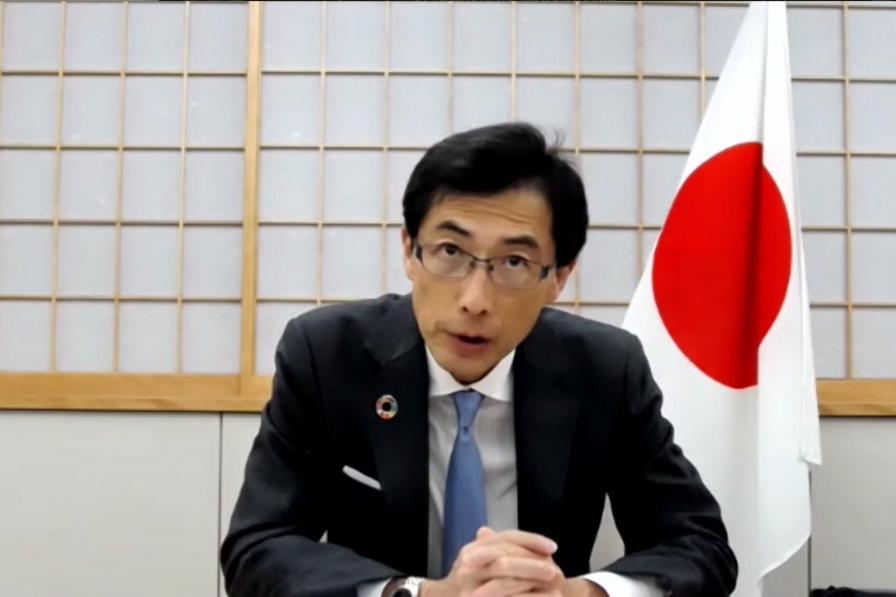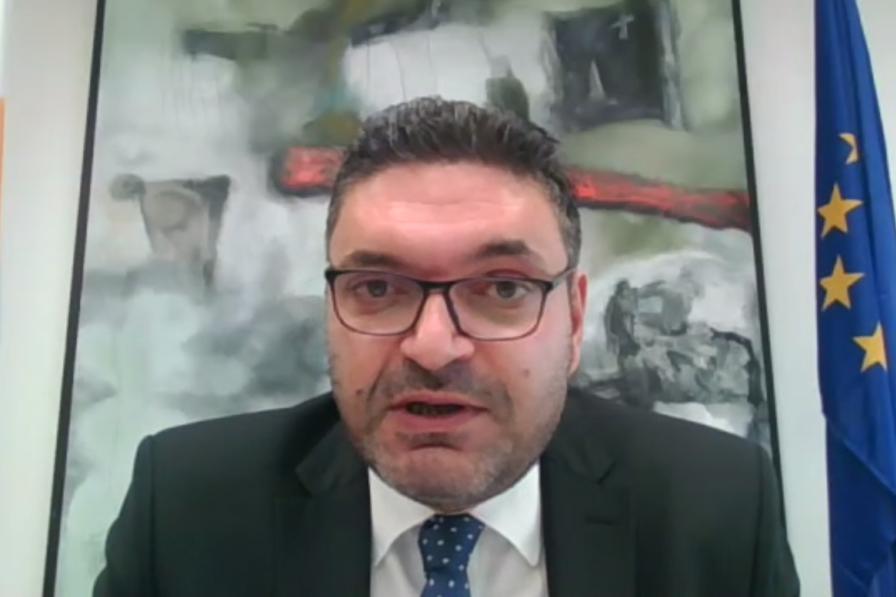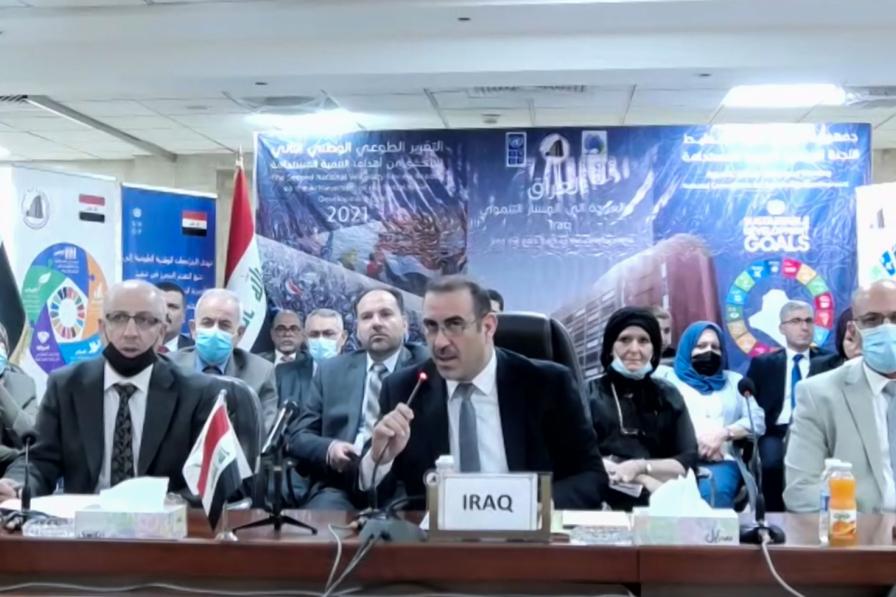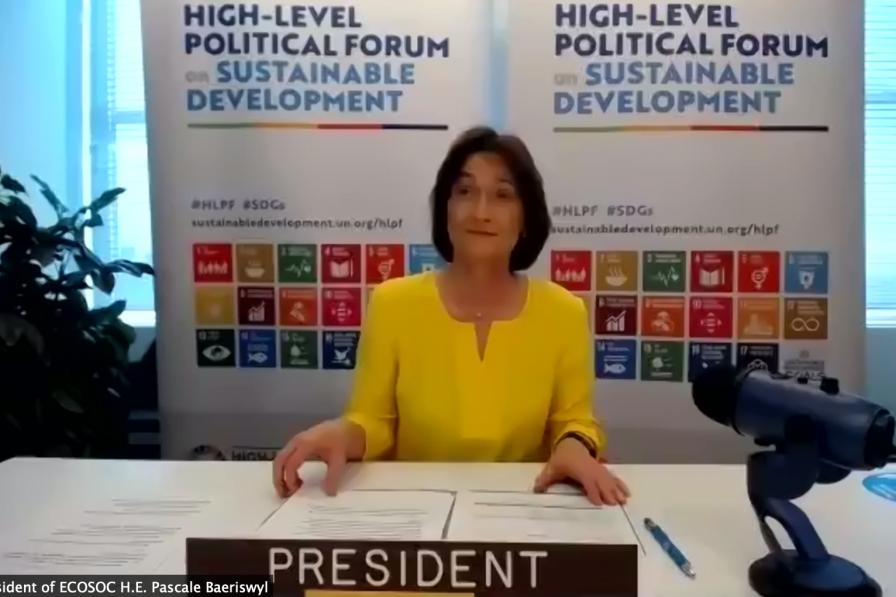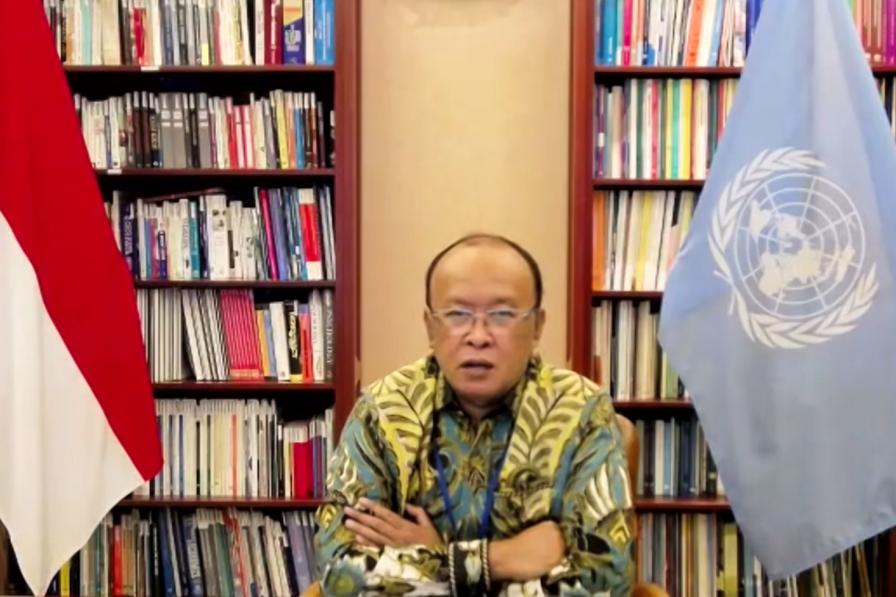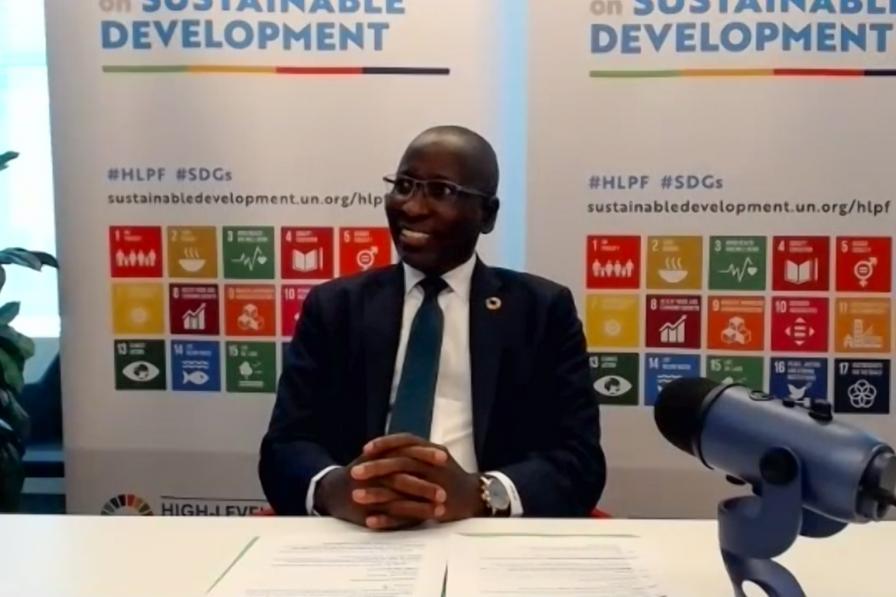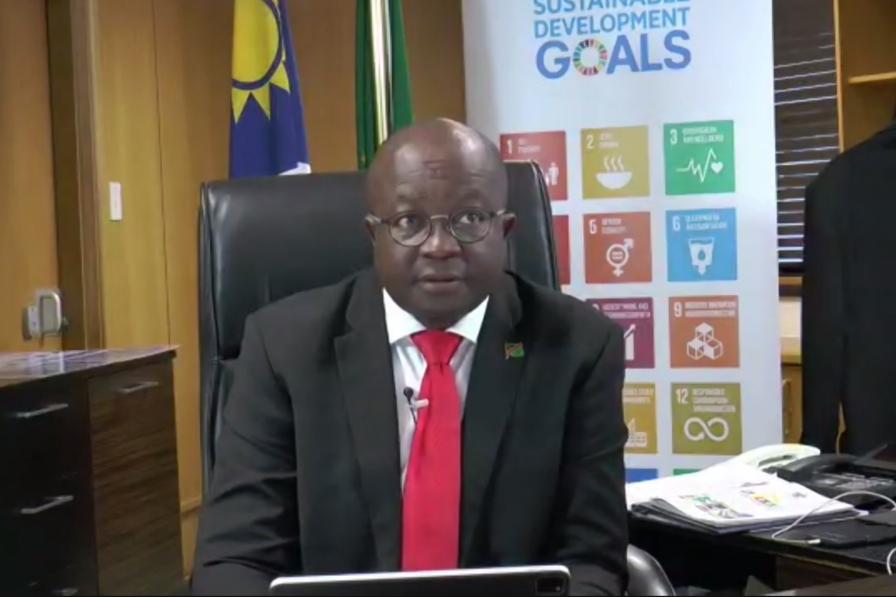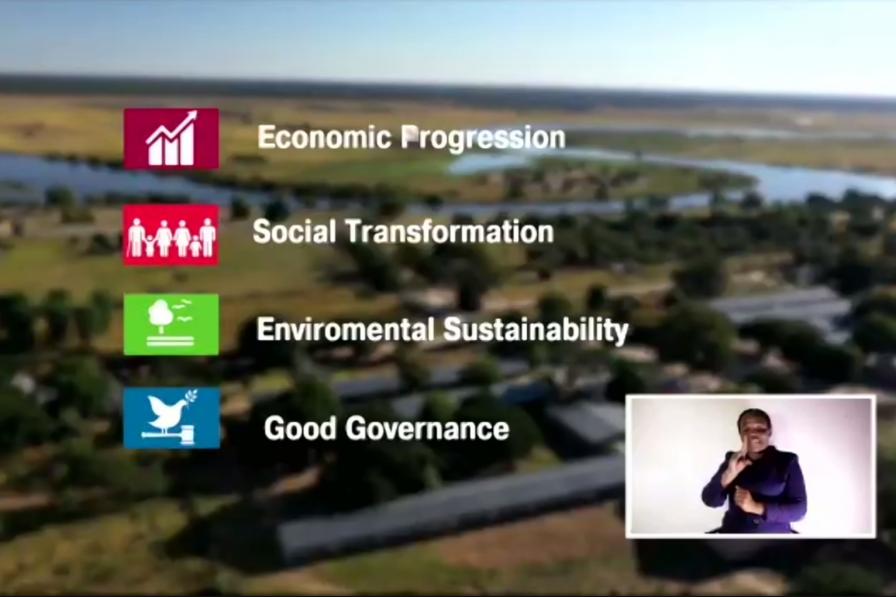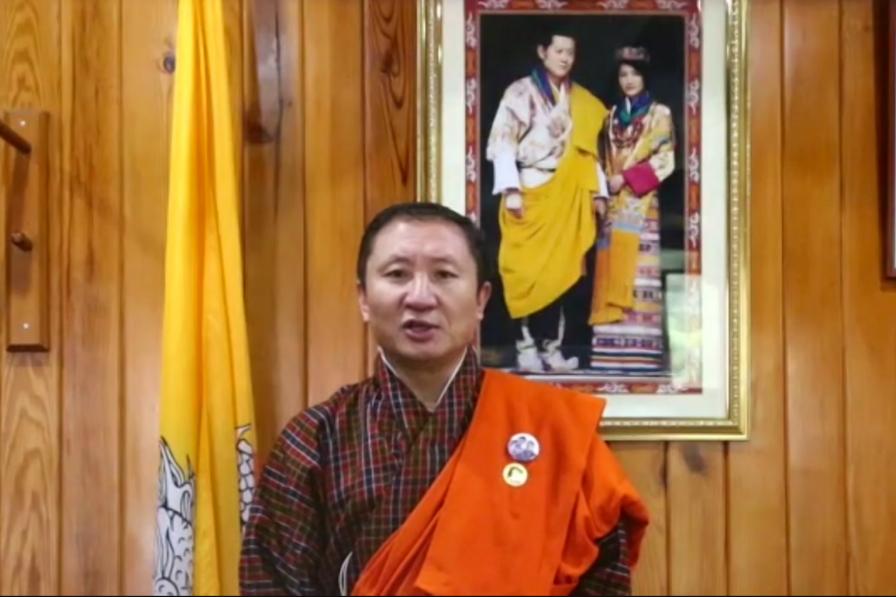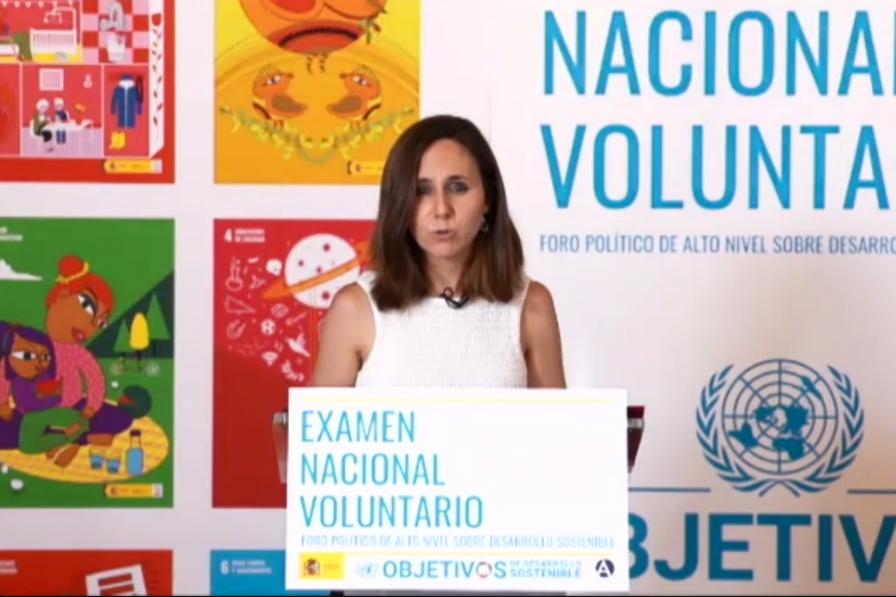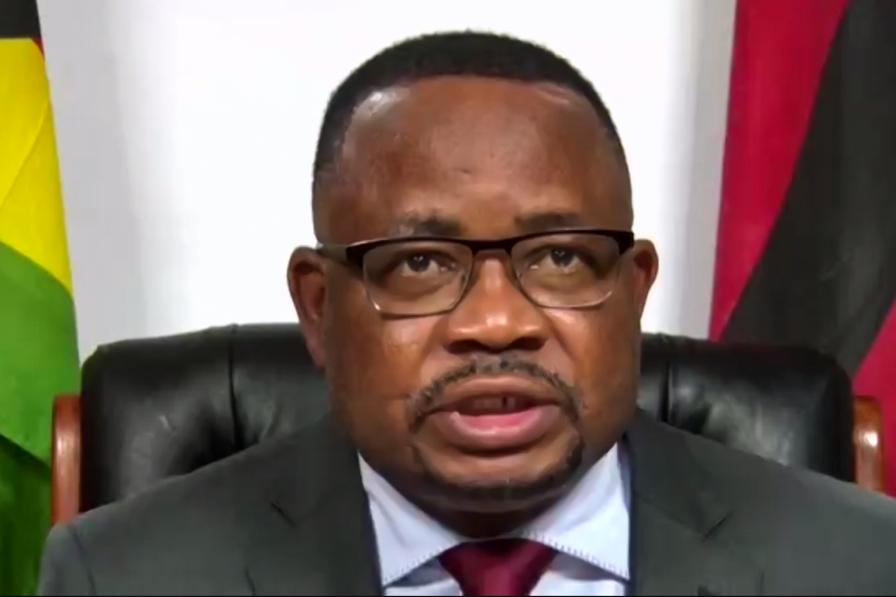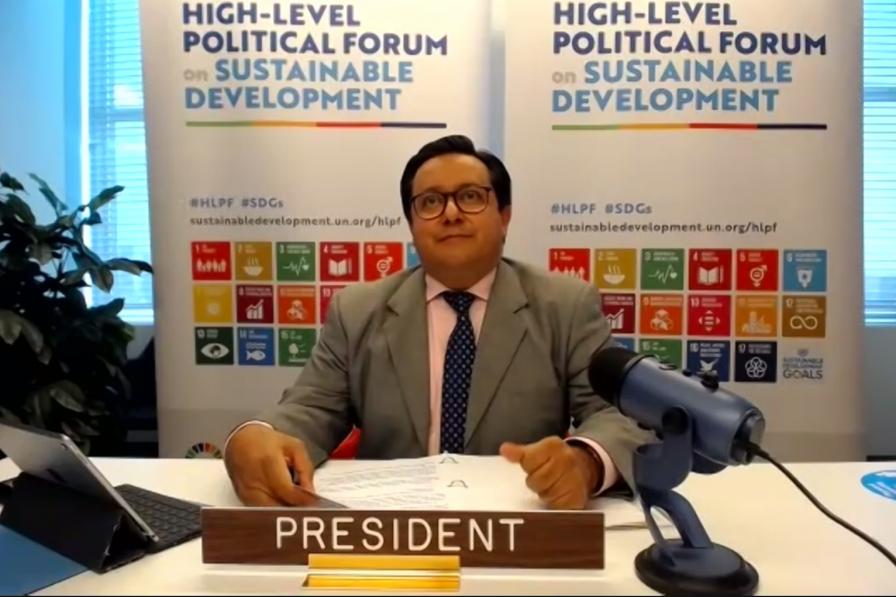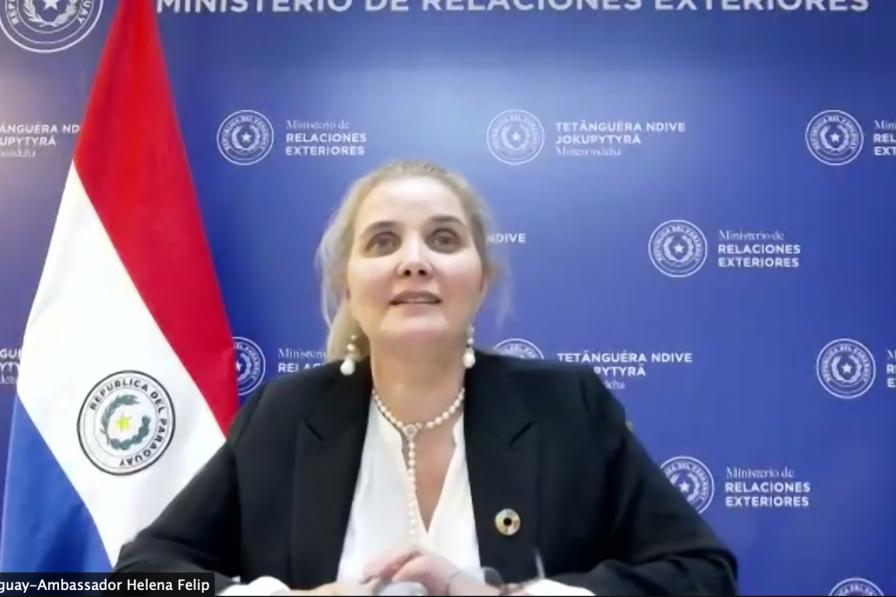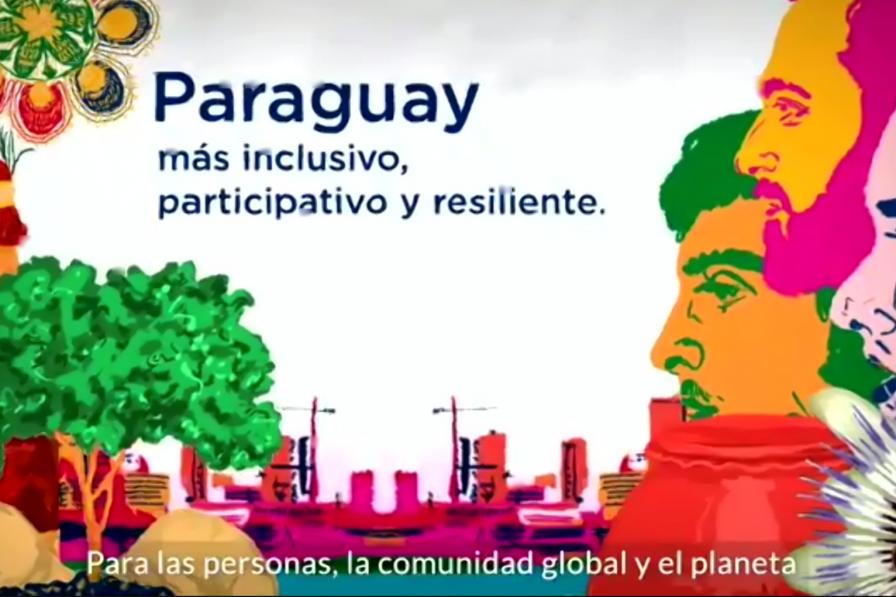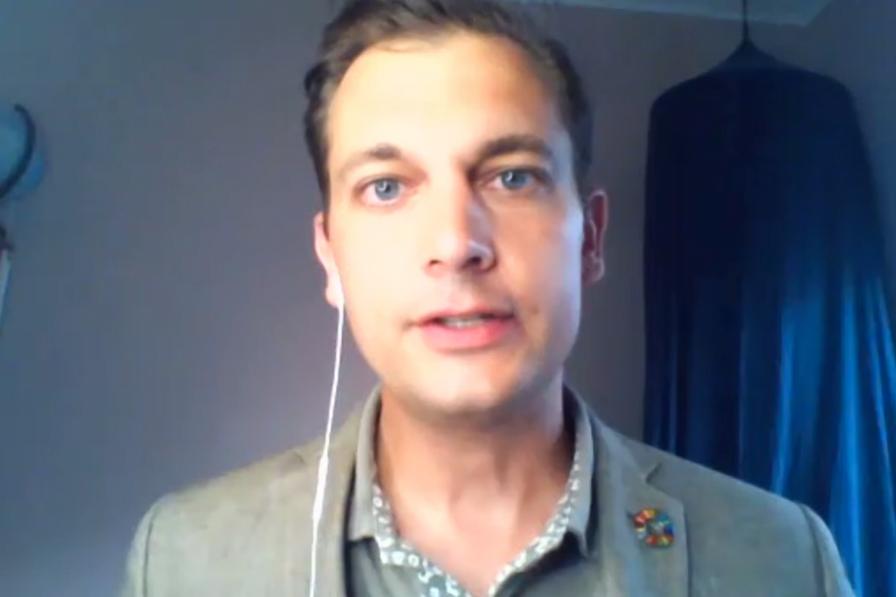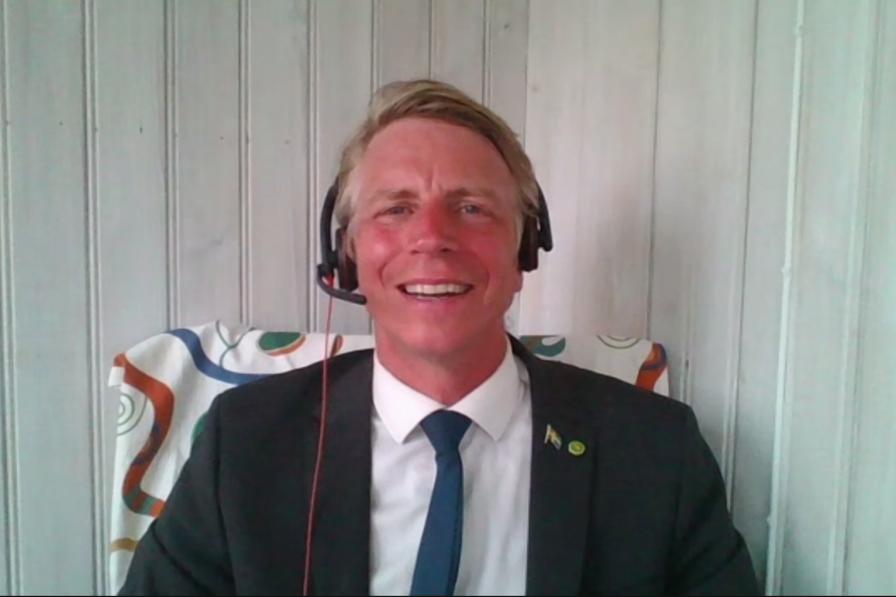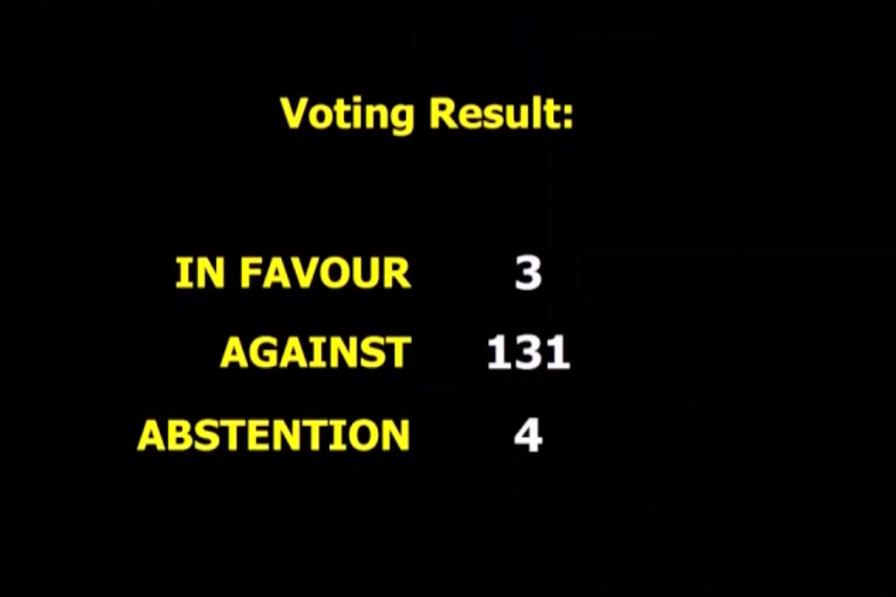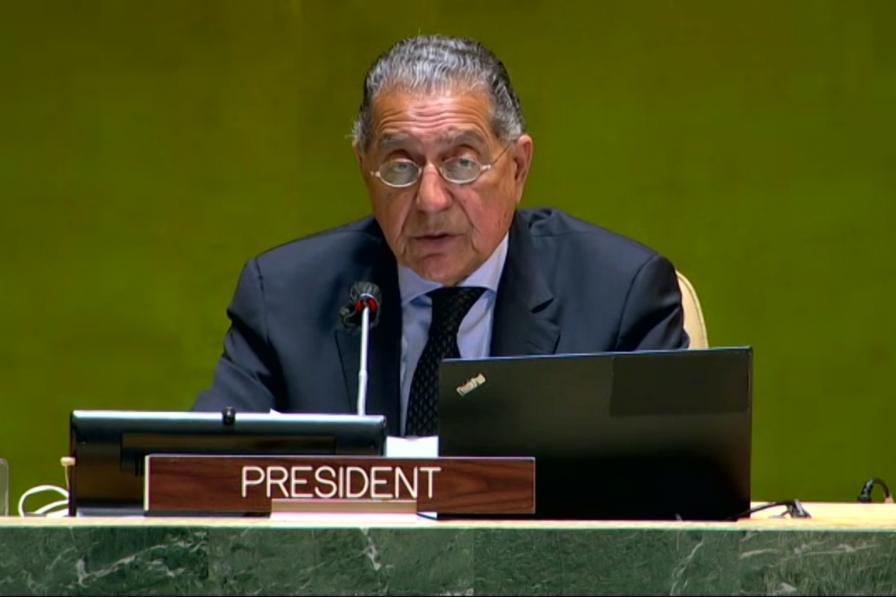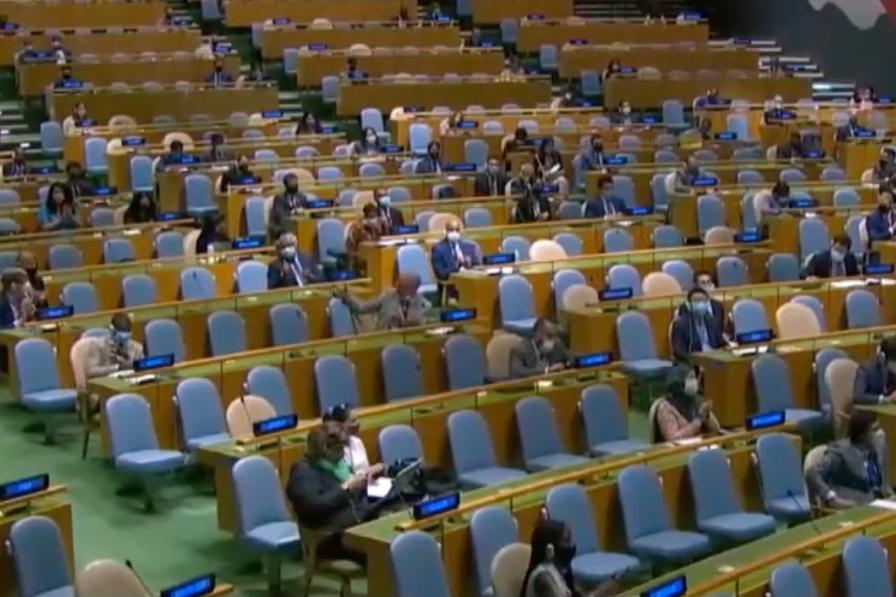The 2021 High-level Political Forum on Sustainable Development (HLPF) concluded Thursday with the adoption of the Ministerial Declaration.
The HLPF heard presentations of the final 14 Voluntary National Reviews (VNRs) submitted by countries on their implementation of the 2030 Agenda for Sustainable Development and its Sustainable Development Goals (SDGs).
Japan, Germany, Lao People’s Democratic Republic (PDR), Malaysia, Cyprus, Iraq, Madagascar, Bhutan, Namibia, Spain, Zimbabwe, Paraguay, and Sweden presented their second VNR and Indonesia presented its third.
Japan, Malaysia, Spain and others stressed the importance of involving stakeholders across civil society, the private sector, and local governments in SDG implementation and VNR preparation. Germany explained how it is integrating human rights concerns into SDG implementation. The Lao PDR, among others, shared lessons learned in preparing its VNR.
Cyprus described significant progress on SDG indicators related to poverty, health, and education, but noted continued challenges concerning gender equality, domestic violence, and sex trafficking.
Iraq emphasized the role of youth as a driving force for change, development, and in creating a new social contract.
Madagascar highlighted pre-pandemic improvements in poverty reduction, school assistance, hunger, maternal mortality and reproductive services, economic progress, protected lands, and anti-corruption.
Many, including Bhutan, Namibia and Zimbabwe, noted that the COVID-19 pandemic hindered progress on the SDGs, but also provided opportunities to rethink economic development and how to boost the economy, food security, sustainable agriculture, healthcare, and job creation, among other sectors.
Indonesia stated that its poverty rate, informal sector, and unemployment rate had significantly declined pre-pandemic, but progress has reversed since 2020. Despite this, the country has increased internet connectivity across its population, is ranked as one of the top ten most vaccinated countries in the world, and has dedicated USD 3.8 billion to low-carbon activities.
Amb. Munir Akram (Pakistan), President of the Economic and Social Council (ECOSOC) convened the closing plenary on Thursday afternoon. He opened discussion on the draft Ministerial Declaration, offering appreciation to co-facilitators Amb. Jukka Salovaara (Finland) and Amb. Mohammed Hussein Bahr Aluloom (Iraq).
The HLPF voted to reject three amendments submitted by the Russian Federation on paragraphs addressing climate change, gender equality, and biodiversity. The HLPF then voted on Israel’s proposal to delete a paragraph containing language on the right to self-determination of peoples living under colonial and foreign occupation. The paragraph was retained. The declaration was then adopted by acclamation.
After closing statements by delegations, ECOSOC President Akram and UN Deputy Secretary-General Amina J. Mohammed delivered their closing remarks.
ECOSOC President Akram gavelled the 2021 HLPF to a close at 5:55 pm EDT (GMT+4)
The Earth Negotiations Bulletin summary and analysis of the 2021 HLPF will be available on Monday, 19 July 2021.
To receive continuing coverage of this event delivered to your inbox, subscribe to the ENB Update newsletter.
Images from the Meeting
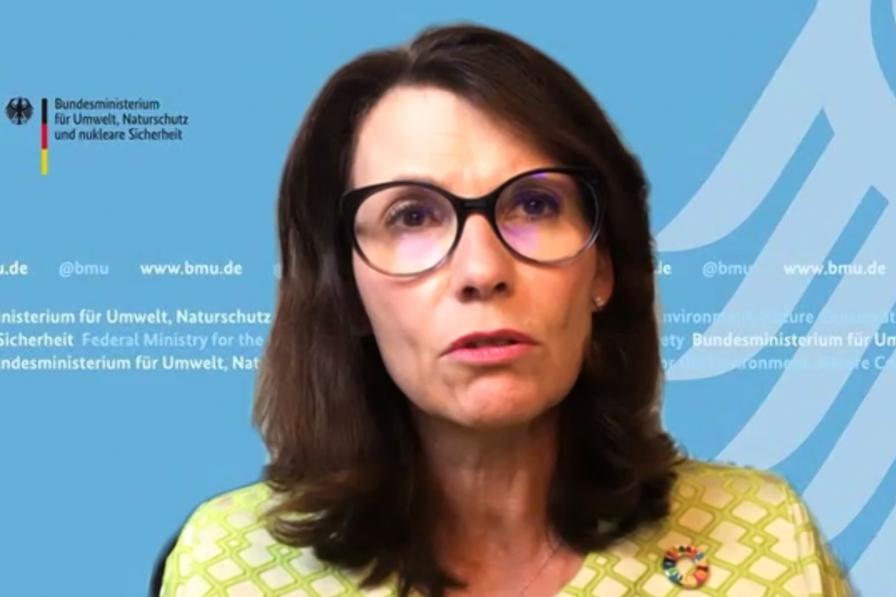
Rita Schwarzelühr-Sutter, Parliamentary Secretary of State, Federal Ministry for the Environment, Nature Conservation, and Nuclear Safety, Germany
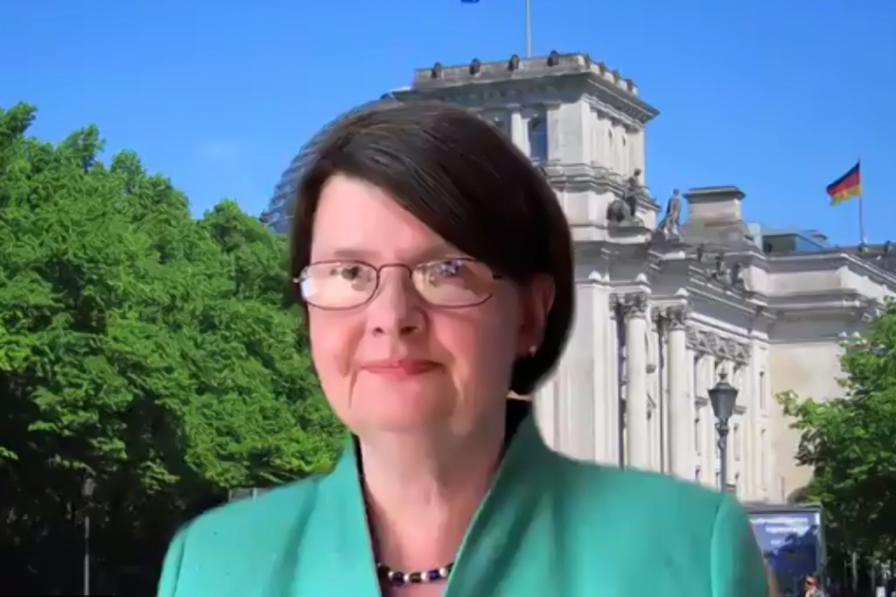
Maria Flachsbarth, Parliamentary State Secretary to the Federal Minister for Economic Cooperation and Development, Germany
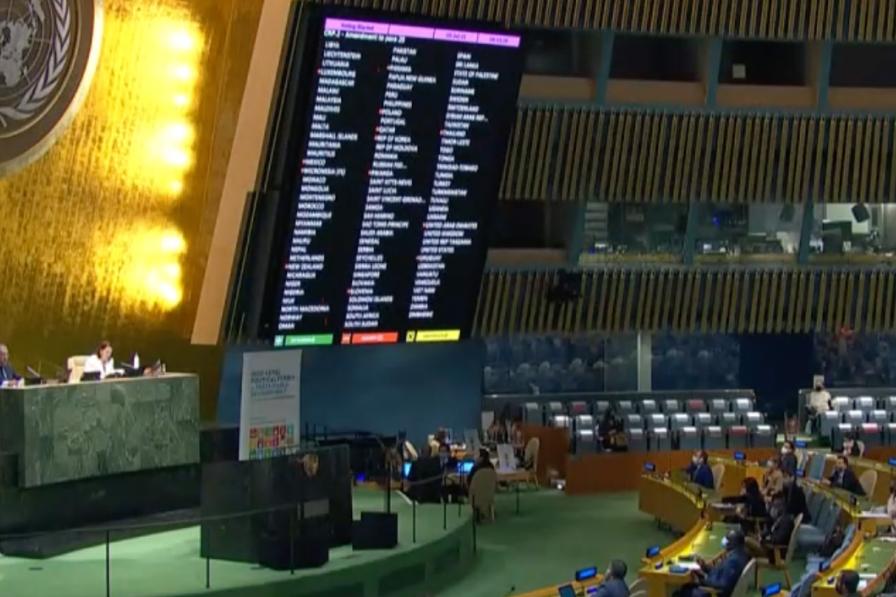
During the closing plenary, delegates voted on amendments to the Ministerial Declaration proposed by the Russian Federation.
